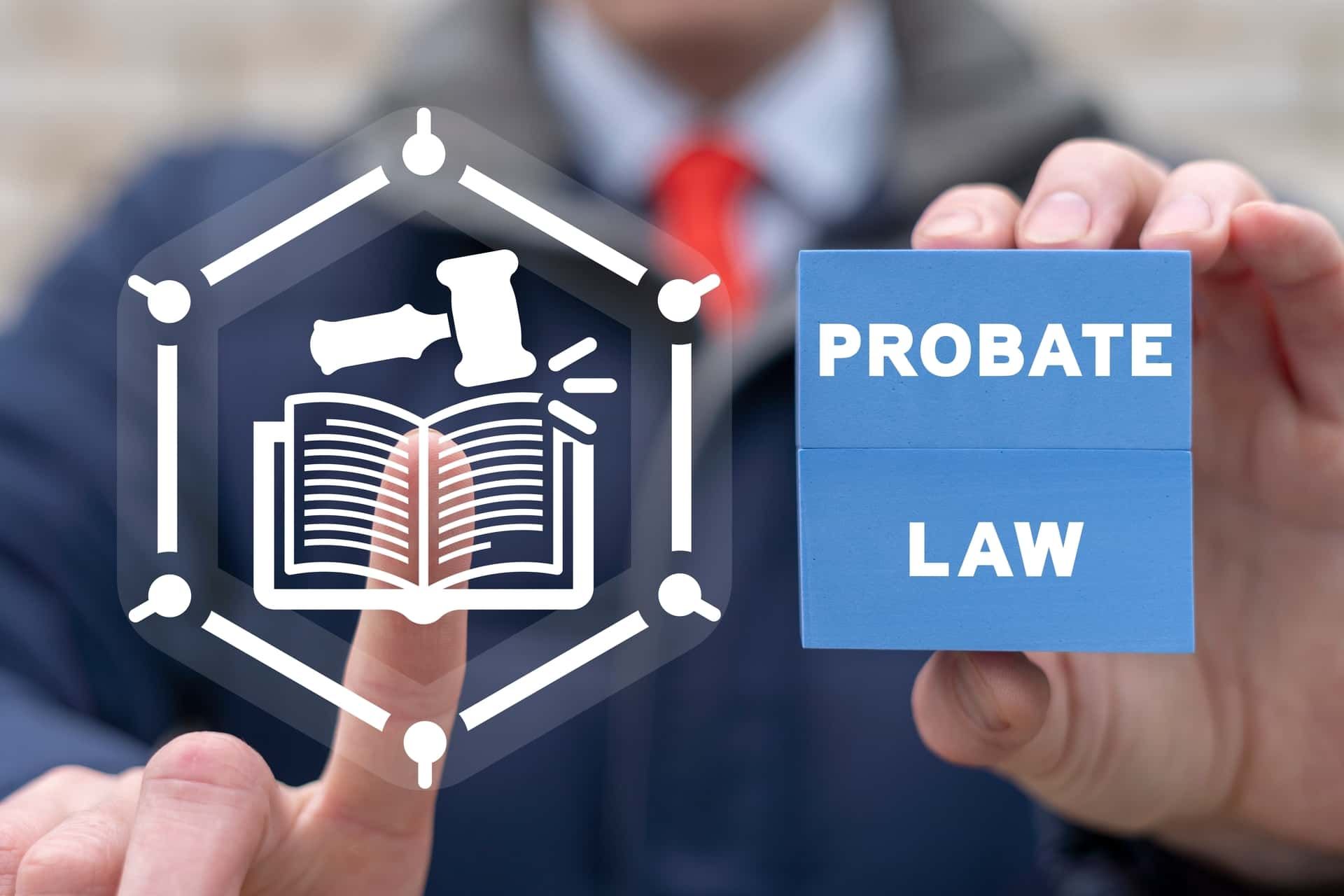What Are the Tax Obligations for the Self Employed?
Being self-employed is the way of the future for most of us. In the United States, it appears that companies are less loyal to their employees than they were back in the 1950s and 1960s, and employees are less loyal to companies because we tend to move from company to company with greater frequency. Private pension systems are all but extinct, and 401k benefits are getting harder to come by from some employers. So, people in their resourcefulness are turning to other options to get “ahead of the curve” in their working lives, and that largely includes being your own boss.
Young people who see a shrinking labor market in the U.S. as they graduate from college are certainly feeling free to open their own businesses before they even have a first job. And now, with a global pandemic upon us, so that being self-employed is for some the only way to make a living.
Given that entrepreneurship is booming with newly self-employed people, we need to become more savvy about how to be a small business owner, and that means getting more savvy about doing our taxes. Accordingly, in this article, we will discuss who is considered “self-employed” and then we will delve into the tax obligations for a self-employed person.
If, after reading this article, you would like to have additional information about how to deal with taxes as a freelancer or independent contractor, we invite you to call the business tax lawyer of Florida , Mary E. King, P.L. The Law Office of Mary E. King, P.L. can make sure that your tax issues are resolved efficiently and at the lowest cost to you. Please fill out our online contact form , or call us at 941-906-7585 today.
Who Is Considered “Self-Employed?”
If you have your own side business, you may consider yourself “self-employed.” However, when it comes to taxes, you want to make sure you know the Internal Revenue Service’s (IRS’s) definition of “self-employed.”
According to the IRS, you are generally considered self-employed if:
1. You carry on a trade or business as a sole proprietor or an independent contractor.
2. You are a member of a partnership that has a trade or business.
3. You are otherwise in business for yourself.
Let’s take a closer look at each item. A sole proprietor is someone who owns an unincorporated business by himself or herself. You are not a sole proprietor if you created a company, like a limited liability company (LLC).
An independent contractor is the opposite of an employee. In short, an independent contractor has control over his or her work, the manner in which it is done, and thus works more as a fee-for-service-type worker. By contrast, an employee is someone paid by an employer, whereby the employer has control over the worker’s work, and the manner in which it is done.
A partnership is similar to a sole proprietorship, except that the unincorporated business is run and owned by two or more people who share in the profits and losses of the business.
What are My Self-Employment Tax Obligations?
As a self-employed person you are required to:
1. File an annual tax return, and
2. Pay estimated taxes on a quarterly basis
Part of the reason you pay estimated taxes is that you need to pay both income tax, and self-employment tax . The self-employment tax is the Social Security and Medicare taxes you would otherwise pay if you had taxes withheld as a wage earner working for an employer.
Are you Making Money?
One important thing to do before you do anything else as a self-employed taxpayer is figured out whether you are making any money. If your losses are greater than your income as a self-employed person – which is very possible, particularly with businesses just getting off the ground – then you can deduct those net losses from your annual gross income.
If you net a profit as a self-employed person, then you need to make sure that is included as income on your annual tax return.
Typically, you have to file an income tax return if your net earnings from self-employment are $400 or more. But there may be circumstances in which you still need to file a tax return, even if your net earnings are below $400.
One important facet of being a self-employed person is having professional help in your corner. If you are a small business then having a business tax lawyer can be a big help with all of your tax issues. Consider enlisting the help of a business tax lawyer so you can focus on building your business, rather than worry about how to pay your taxes quarterly.
Let an Experienced Business Tax Lawyer in Florida Help You with Estimated Taxes for Your Independent Contractor Business
Taxes can be a challenge for freelancers because there is so much more self-reporting you need to manage. That could result in being an IRS target for an audit.
In the event of an audit, you need to talk to a business tax lawyer in Florida who can help. Mary E. King has spent her career concentrating on tax law and can help you with tax audits in Florida and elsewhere. Attorney King has a wealth of information about what types of options would make the most sense for you and your business.
That helps explain why she’s received an A+ rating from the Florida Better Business Bureau. If you have a tax-related issue – no matter how small or how large – setting up an initial consultation with Mary E. King, tax attorney of Florida, is the first step you should take towards relief.
The Law Office of Mary King P.L. offers complete IRS problem-solving services including all areas from tax debt settlement to planning the most efficient tax strategy for individuals and businesses. Call us today to schedule an initial consultation. With years of experience as a tax attorney in Florida for many clients, Attorney Mary E. King can make sure that your tax issues are resolved in your favor. Fill out our online contact form , or call us at 941-906-7585. Remember, at the Law Office of Mary E. King, we are focused on solving your tax issues for good.
Disclaimer: The information on this website and blog is for general informational purposes only and is not professional advice. We make no guarantees of accuracy or completeness. We disclaim all liability for errors, omissions, or reliance on this content. Always consult a qualified professional for specific guidance.
RECENT POSTS
CONTACT US






